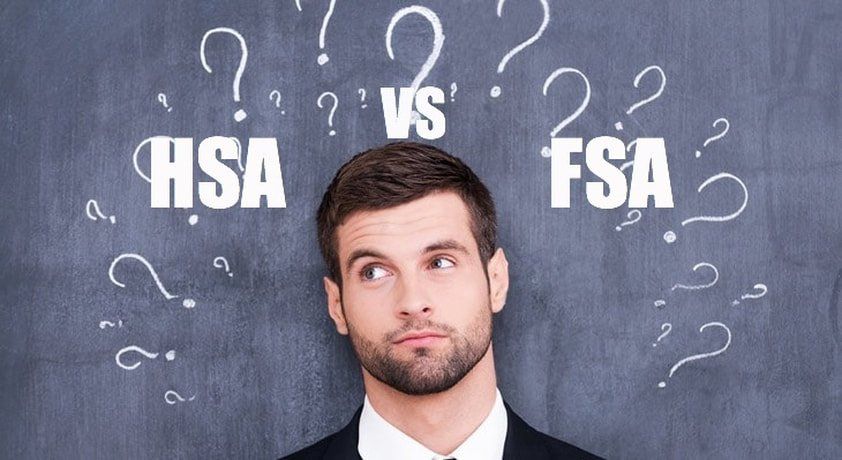FSA vs HSA: What’s the Difference?

Understanding the Basics of HSAs and FSAs
Just because both small and large business owners can have an easier time when it comes to providing their employees with health insurance does not mean choosing the right plan is easy. In your search for the perfect plan for your business and your employees, you might come across Flexible Spending Accounts (FSA) and Health Savings Accounts (HSA). To make the best choice for everyone involved, you have to
know the difference between the two
, which is where Sackett Insurance comes in.
HSA Breakdown
One of the first things to know about HSAs is your employees only qualify for them if they already have a
high-deductible health plan
. These HSAs have a bit more freedom in the form of allowing the account holder to rollover any unused account balances to the next year. As of 2017, plan contributions are limited to $3,400 for individuals and $6,750 for families. If an employee with an HSA plan were to change jobs, her or his account would follow. In regards to taxes, HSA plan contributions are tax-deductible. Account holders are also able to have their contributions taken out of their pay pretax.
FSA Breakdown
As of 2017, there are no eligibility requirements associated with FSAs. Unlike HSAs, account holders have to
use the entirety of the balance
in their account before the end of the year, otherwise, they lose whatever remains. Plan contributions are limited to $2,600, and employees have to stay with your and your company if they want to keep their account. Any contributions made to an FSA are pretax, and all distributions are untaxed.
Helping Your Employees Decide
Your employees are likely to ask you for a bit of guidance on how much they should contribute. It’s best to recommend they start with making sure they have enough to take care of their deductible, co-payments, doctor’s visits, the cost of medication and any treatments or surgeries they might have planned in the future. Because there’s no accounting for medical emergencies, it is also a good idea to recommend to your employees that they save a bit extra.
You should also know that sometimes employers contribute funds to their employee’s FSA and HSA plans, so decide if you would be willing to do so. It could be a great way to attract well-qualified employees and keep the employees you currently have.
To learn more about FSAs and HSAs, do not hesitate to
contact Sackett & Associates insurance Services here
. You are also free to like us on
, find us on
and
subscribe to our blog.







